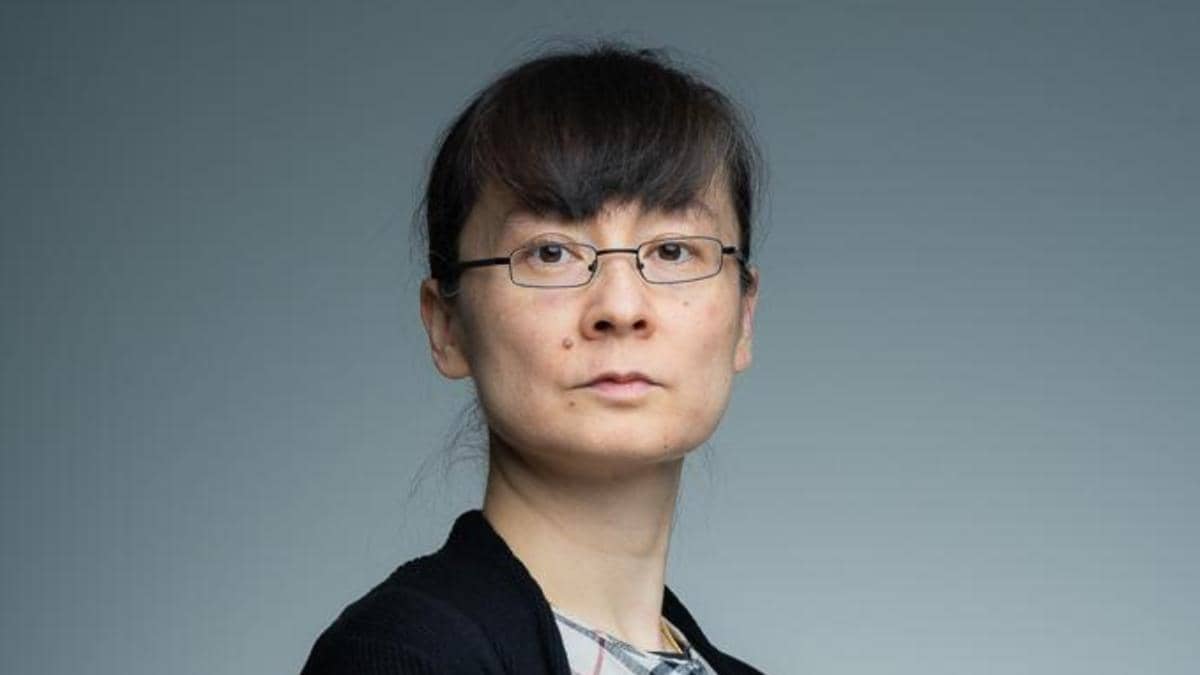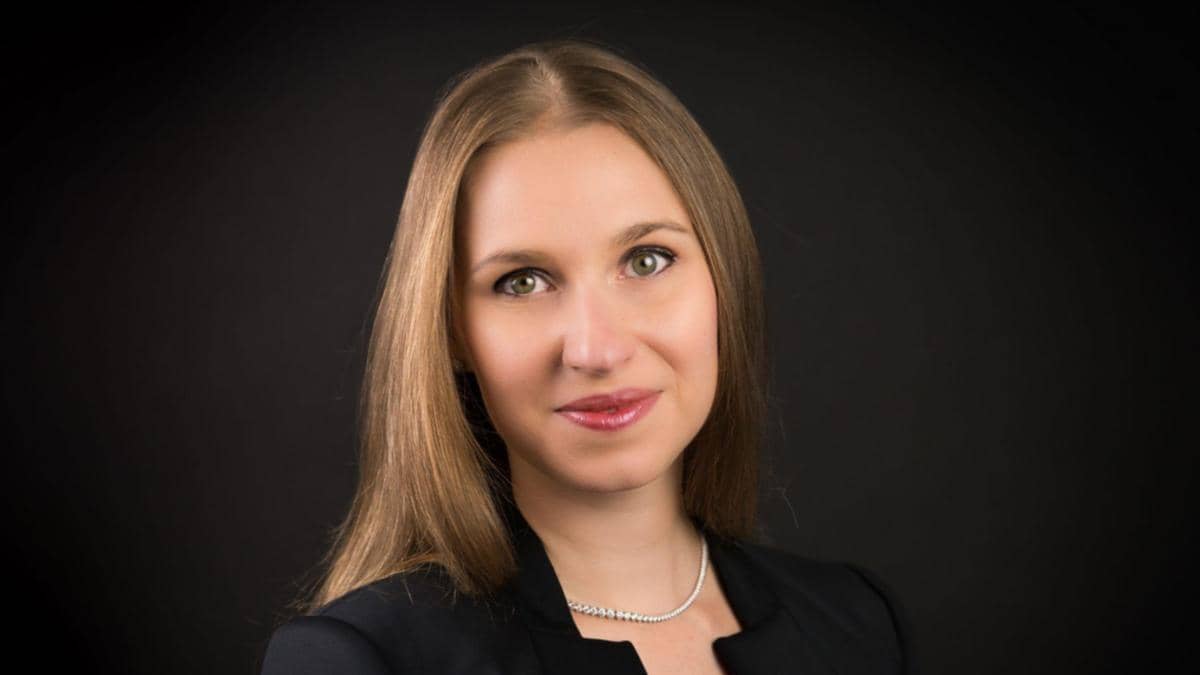Antonio Del Vaso from Volksbank · Banca Popolare dell’Alto Adige – Fund Selector of the month

11 AUG, 2021
By Constanza Ramos
Graduated in Banking & Finance, Antonio worked from 2014 for major business-consulting firms; Dedicated to driving success through teamwork and efficient communications, he accepted the position as project manager for the restructuring of Wealth Management, and as of June 2020 he has been designated as Head of Investment Services. Currently, he is also enrolled in an Executive MBA program in SDA Bocconi.

1. How did you enter the world of fund selection? Can you give some unique advice for people starting a career in asset management?
My professional career led me to be Head of Investment Services of a medium-sized bank at the age of 32 in a somewhat unusual way. My academic and professional background is spread over various topics, from technology to finance, passing through economics. Before joining the banking industry, I was not involved in the business part of wealth management, which I immediately learned to appreciate and assimilate. Upon my entry, the selection of funds and the creation of portfolios was outsourced to an external supplier: one of my first decisions was to bring everything in-house and to bring the investment advisory towards one of the excellence in the banking world. My studies led me to develop economic and financial skills, while the first part of my career (i.e. the world of business & strategic consulting) led me to develop hard and soft skills in project management and problem-solving. Thanks also to Accenture's expertise, I followed projects in banks of various sizes on the Italian scene, and then embarked on a change management project at my current bank; during the project, an offer was made to join the team, with the prospect of becoming responsible, which materialized after about a year at the end of the project. One piece of advice, not only for a career in asset management but in general, is to be flexible and curious, try to be involved in different aspects of your work and always have in mind the bigger pictures behind your assignment.
2. What is your biggest challenge as Head of Investment Services at Volksbank · Banca Popolare dell’Alto Adige?
One of the key aspects of our work is communication: you can choose the best solutions in terms of product and asset allocation, but if you are not able to communicate the quality of the work done and the advantages to the bankers, they will consequently not be able to pass it on to the customer. Financial education is a key role within the process, as the propensity to take on higher levels of risk is closely linked, studies and statistics in hand, to the level of the client's financial culture: the greater the confidence in one's own knowledge, the greater the understanding of what happens to the portfolio under various market conditions. It is therefore important to use the language of one's audience to “sell” your work and at the same time consolidate trust in the commercial network, which will then transmit the concepts and the trust to the customer.
3. What aspects do you consider most important when selecting a fund for a portfolio?
When selecting a fund for a portfolio I always ask myself: would I buy this solution? The answer has to be Absolutely YES; the process we follow for selecting and building portfolios is very solid and customer-oriented, searching for the best-in-class fund solutions that better suit market conditions. We aim to build long-term relationships for which the bank's yield is not the primary focus, but it’s the first derivative of the relationship with clients. For doing so, "cost" must be one of the factors, but not the priority. Costs are included in the fund’s performance, so higher performance can afford also a higher level of costs, without any loss for the clients. Furthermore, compared to other realities, the Bank does not currently apply additional costs other than the product costs (advisory service is for free), and we also try to avoid products that have opaque cost structures. My personal portfolio is therefore built exactly of funds included in the advisory list.
4. Within the fund selection process, which task is the most time-consuming?
Once we have analyzed a full set of funds and we reach the first selection, then we submit our results for discussion with fund managers: “will these funds do as well as the past in the new market condition?” “There will be other funds, which did not perform at their best in the past, but more suited to the new market conditions?”
So, one of the most time-consuming tasks is fine-tuning with fund managers in order to close the circle between past performance and future expectations.
5. How do you deal with work-life balance? Do you especially focus on trying to maintain one?
I am an overactive person: from the beginning of my career, working in consulting, the rhythm was very high; also the change management process we posed in place when I moved to the bank, was quite hard. Now that the situation is a bit calmer (not much, don’t get me wrong), I decided to enroll in a Master in Business Administration: investing in yourself is always a good choice. All that said, I always managed to have a work-life balance, I am not a workaholic: I love to do sports, travel, photography and video making, hanging out with friends. I will never give up on that.
6. The dreaded inflation, the one that seemed like it would never come, has already been recognized, what are your perspectives regarding the future of the economy? How is that inflation going to affect the markets?
Inflation (and reflation) will be a topic for the next couple of years. Some prices have already experienced an increase and a possible stabilization (on the higher level they reached, for example, oil), other prices will probably drop when the demand/supply anomalies are stabilized (for example price for used cars), and other prices will get back to a higher level: the effect of inflation will strongly depend on labor productivity for the future. It is certain that some prices will not get back to lower standards they were, and this will have an impact on bargaining power, and, of course, on portfolios. The view for markets remains positive, at least till the end of the year, when we will have more evidence for guessing what will be future market expectations, for example, the effects of the expiration of some extraordinary measures posed in place by governments, and the publications of the quarterly results. Till we get there, prepare portfolios to face some short term volatilities.


